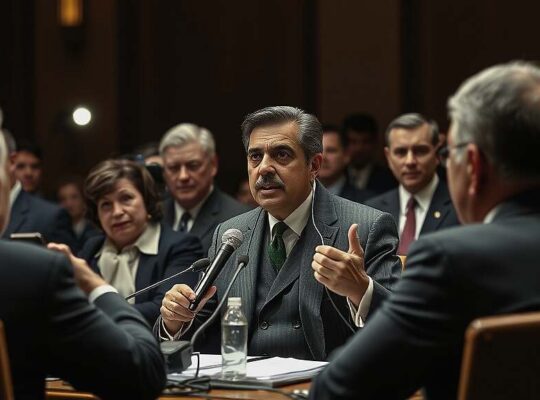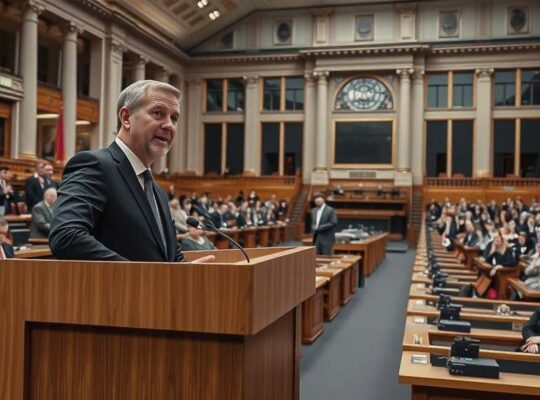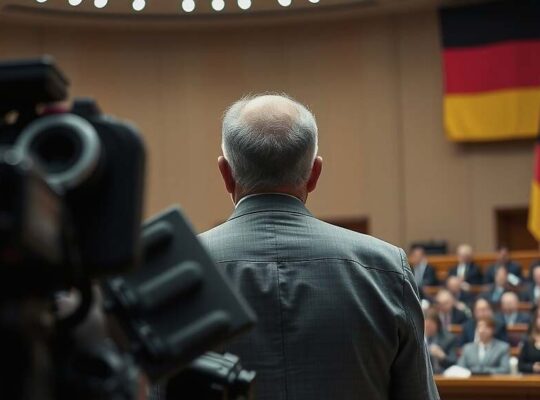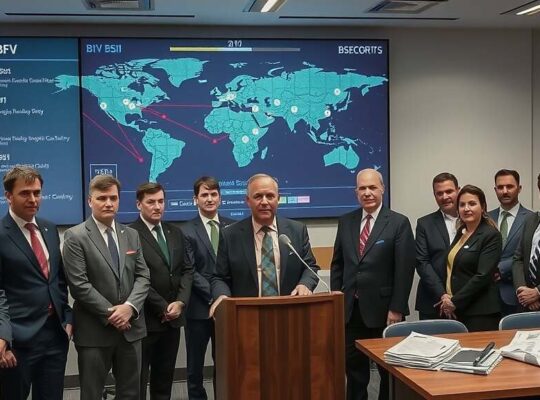The debate surrounding the recently agreed-upon modernized German military service has sparked internal division within the ruling Christian Democratic Union (CDU), with Schleswig-Holstein’s Minister President Daniel Günther sharply dismissing calls for a public referendum championed by his Saxon counterpart, Michael Kretschmer. Günther, in an interview with RTL and n-tv’s “Frühstart” program, voiced strong skepticism towards the use of citizen votes on political matters.
“I am not at all a strong proponent of referendums” Günther stated, underlining a preference for the authority of elected officials. He argued that the prevailing public sentiment leans towards decisive action and proactive governance rather than protracted consultations. “The expectation from the population is more: get yourselves together, do something, move our country forward.
While Günther welcomed the compromise reached on the new military service framework, his comments highlight a potential ideological fissure within the CDU. The agreement, while representing a significant policy shift, has already drawn criticism from some quarters for not going far enough. Günther, however, cautiously praised the newfound clarity the agreement provides.
Significantly, Günther reiterated his desire for a mandatory service obligation encompassing both men and women. He conceded that such a policy would necessarily entail a broader societal commitment, framing it as a “duty in our country”. He positioned a universal service obligation as a long-term goal, suggesting it represents a necessary step towards strengthening national cohesion and civic responsibility, though questions remain regarding the political feasibility and potential ramifications of such a sweeping reform given evolving social attitudes and logistical hurdles. The internal CDU discourse reveals a complex interplay of traditionalist views and the demands of a rapidly changing political landscape.












